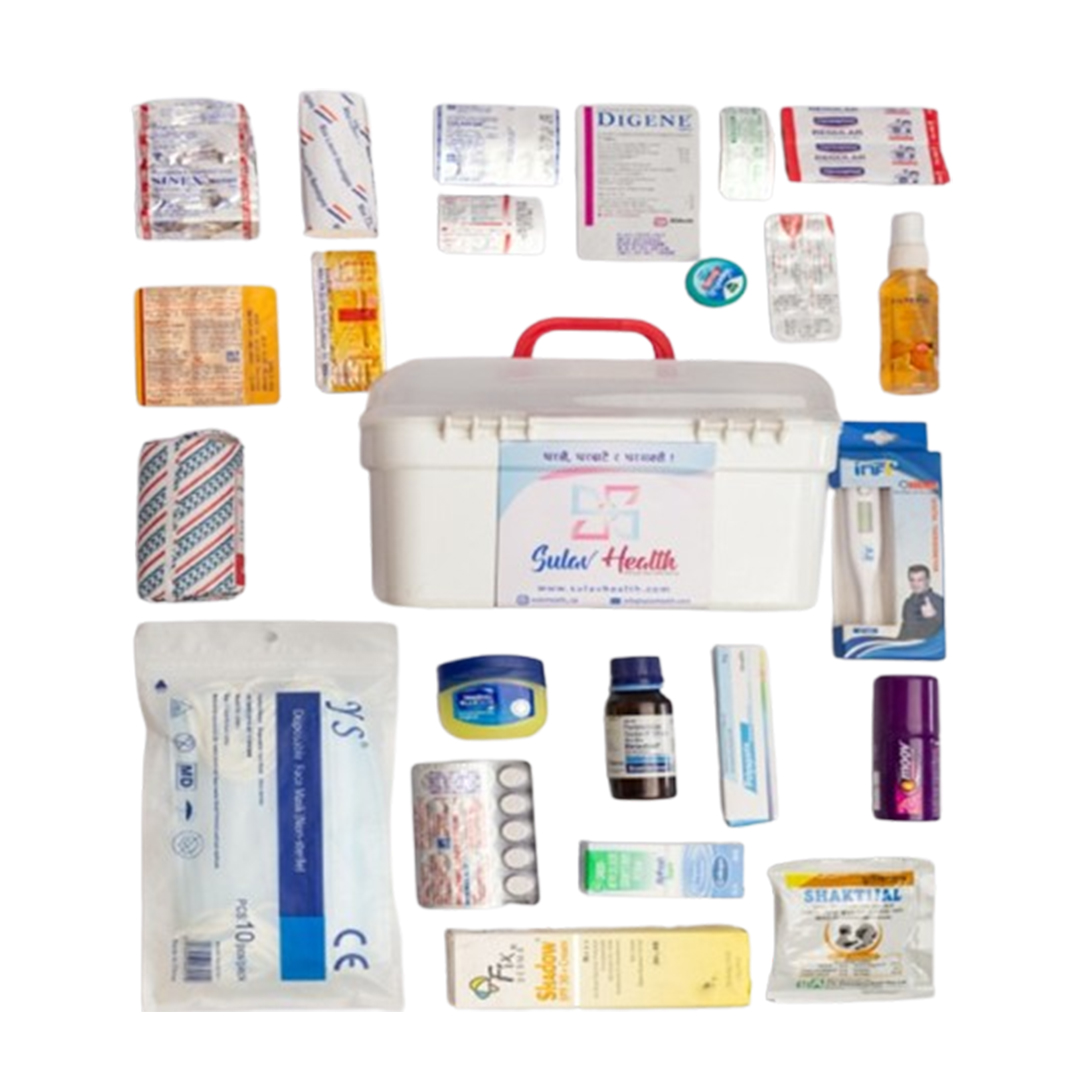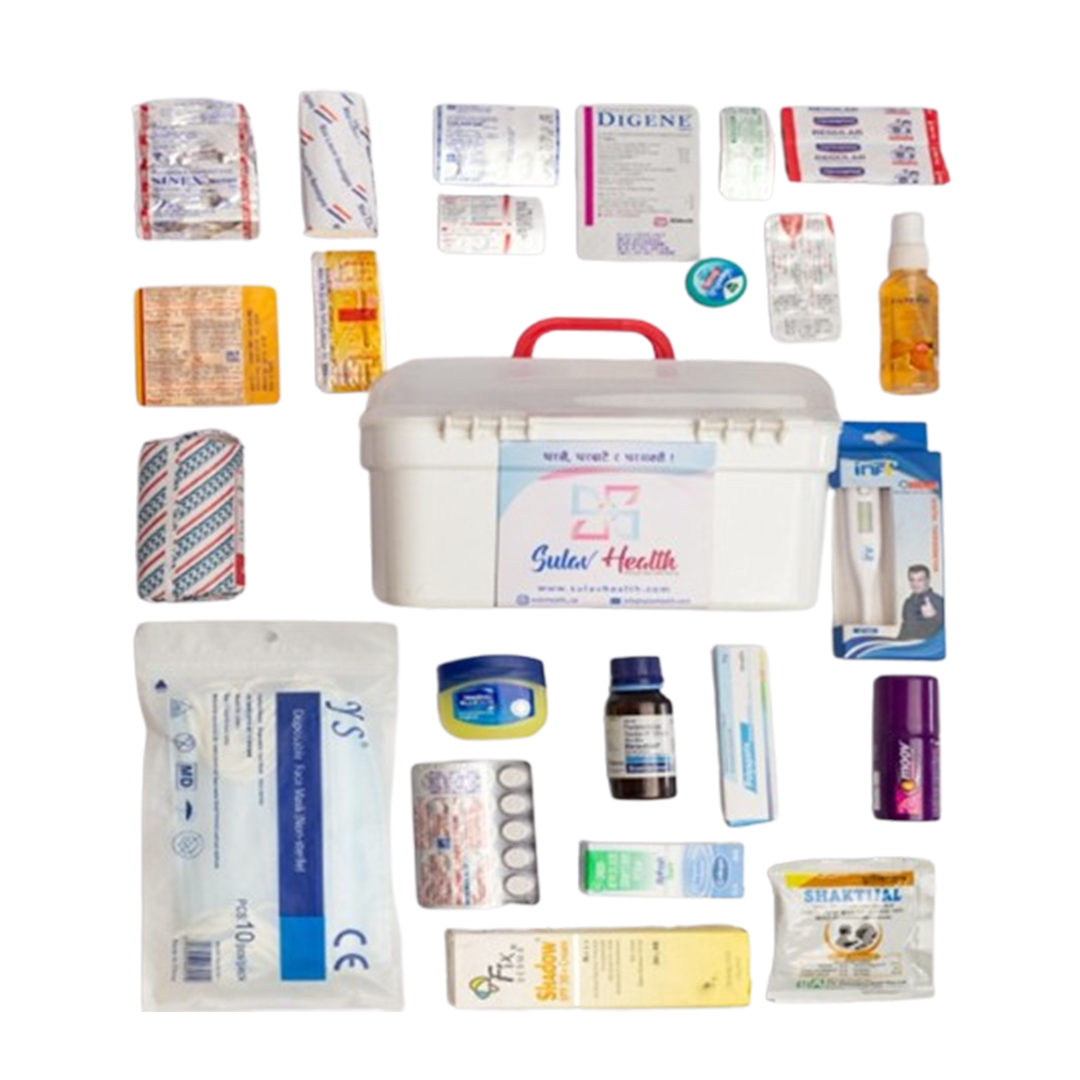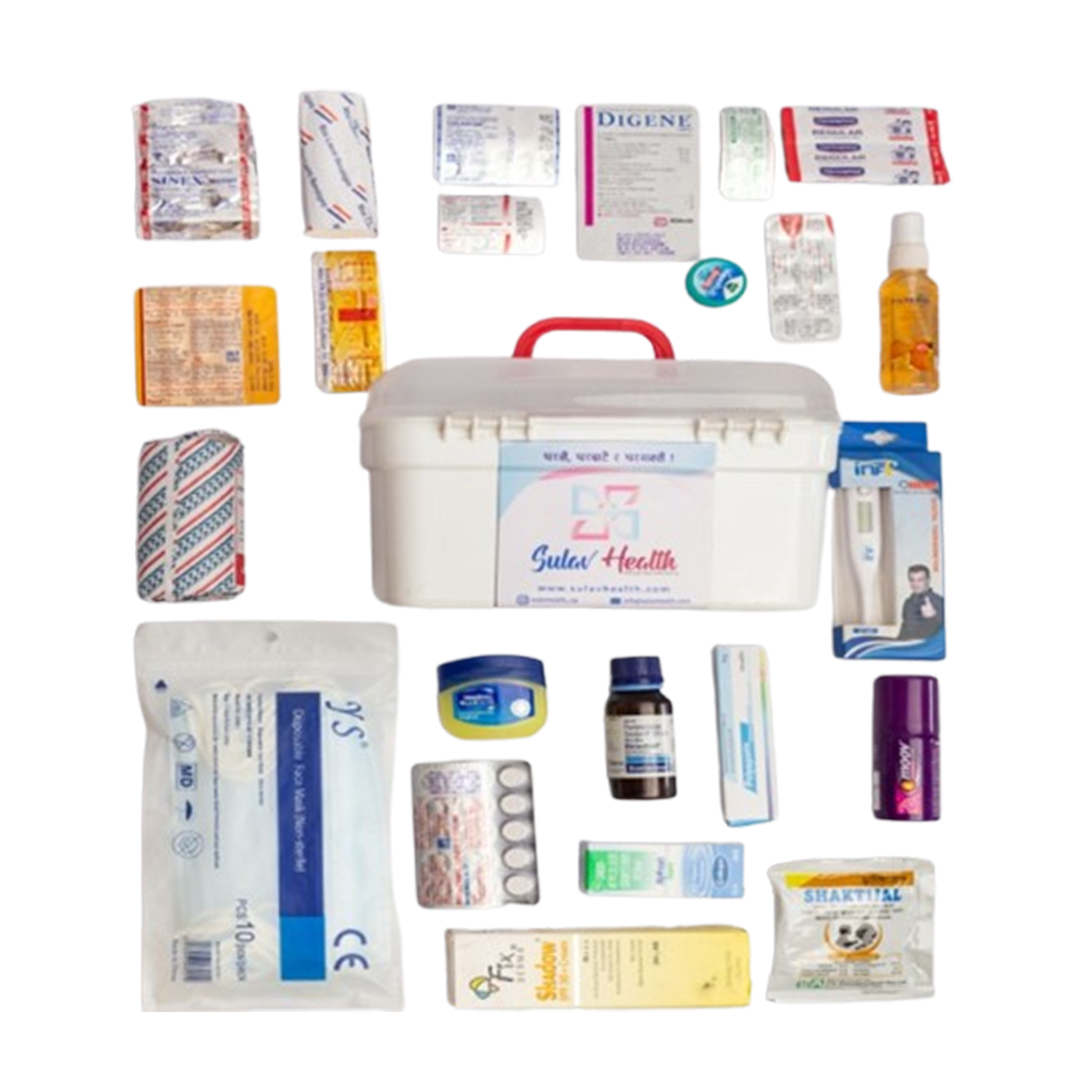Staying Healthy on the Go: Tips for Traveling with Chronic Conditions
For those living with chronic conditions like diabetes, heart disease, or asthma, the thought of traveling can be daunting. The change in routine, diet, and environment can pose unique challenges. However, with careful planning and communication with your healthcare provider, you can travel safely and enjoyably. Here are some essential tips to help you manage your chronic condition while on the road.
First and foremost, consult with your doctor well before your trip. Discuss your travel plans, including your destination, the length of your stay, and any planned activities. Your doctor can provide specific advice, adjust medication schedules to account for different time zones, and offer a letter explaining your condition and the need for your medications and medical devices. This is particularly important for air travel, where you'll need to pass through security with syringes, insulin pumps, or other medical equipment.
Pack all your medications in your carry-on bag. This is a non-negotiable rule. Checked baggage can be lost, and exposing medications to the temperature fluctuations in a plane's cargo hold can affect their potency. Pack at least a week's extra supply of all your medications in case of unexpected delays. It's also wise to keep your medications in their original, labeled containers to avoid any issues at customs. If you use an insulin pump or other electronic device, carry the prescription and a letter from your doctor to explain the device's purpose.
Plan for meal and sleep schedules. Traveling across time zones can disrupt your medication schedule, especially for conditions like diabetes that require strict timing with meals. Work with your doctor to create a plan for adjusting your doses. When in a new city, try to stick to your usual meal times and be mindful of what you eat. While it’s tempting to indulge in local cuisine, be cautious of foods that might trigger your condition or interfere with your medication.
Be aware of your destination's healthcare access. Before you leave, research the nearest hospitals, clinics, and pharmacies at your destination. Have a list of emergency contact numbers, including your doctor's phone number and the contact information for your embassy or consulate. Consider purchasing travel insurance that covers pre-existing conditions. This can be a lifesaver if you need emergency medical care while abroad.
Finally, listen to your body. Don't overexert yourself. Take breaks, stay hydrated, and rest when you feel tired. Traveling with a chronic condition requires being proactive and prepared. By taking these steps, you can minimize risks and ensure that your health remains a priority, allowing you to fully experience the joy of travel.
Author: Mr Bishwas Bajracharya



 0
0



